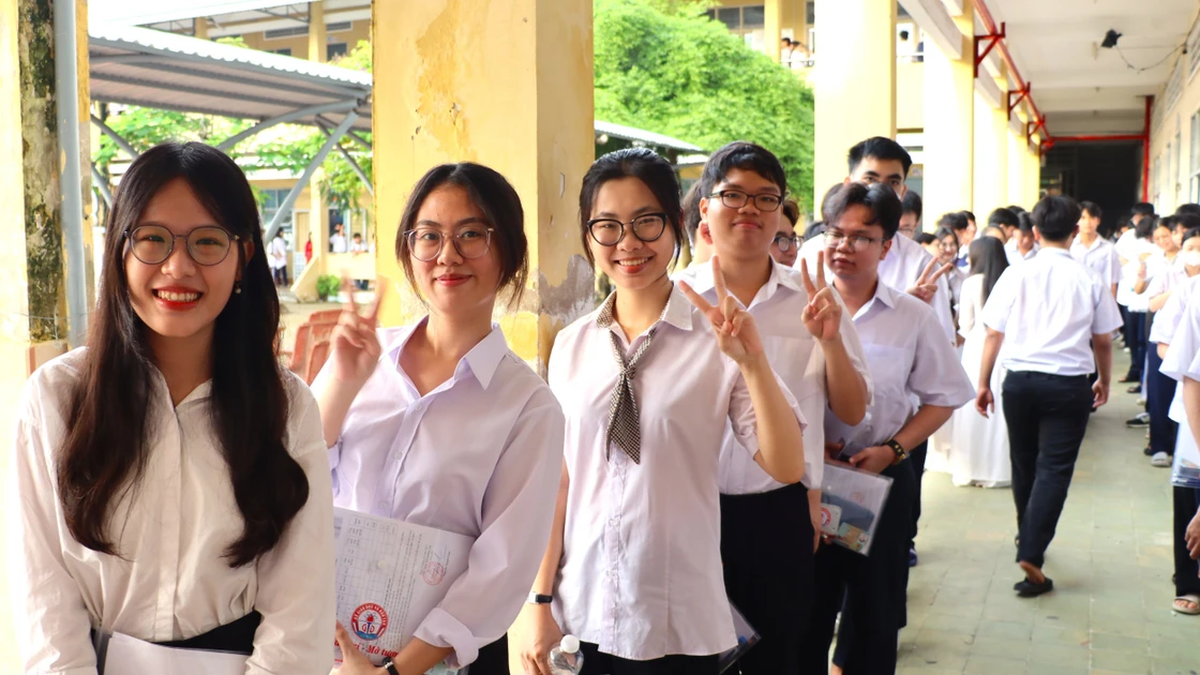CHINA - In May 2024, the University of Toronto (Canada) decided to revoke Ping Dong's doctorate degree after a series of allegations related to falsifying research data.
From 2012 to 2017, Ping Dong was a PhD student in Psychology at the University of Toronto (Canada) and graduated with a PhD in June 2017. One month after graduating with a PhD, she was appointed as an assistant professor at the Kellogg School of Management at Northwestern University (USA).
During his studies at the University of Toronto, Ping Dong and his PhD supervisor, Professor Chung Than Ba, conducted many research projects and were published in scientific journals. Professor Ba provided the theoretical framework, while Ping Dong was responsible for the implementation and data analysis.
In May 2018, editor Steve Lindsay of Psychological Science received feedback from a reader who said that the data in Dr. Ping Dong's article Visual darkness reduces the risk of infectious disease transmission between individuals showed signs of abnormality.
Editor Steve Lindsay then contacted a statistician to assess the accuracy of the article. The results showed that the research data was problematic. When asked at the time, Dr. Ping Dong denied fabricating the data, blaming random processing during the information collection process and asserting that it was not intentional.
After an investigation, in December 2018, Dr. Ping Dong’s article was withdrawn from the journal because of incorrect research results. In relation to this scandal, Northwestern University (USA) immediately fired her.

In addition, another article by Dr. Ping Dong published in the Journal of Consumer Research (JCR) in April 2017 was also accused of falsifying research data. According to Professor Ba, the article was the result of research in Ping Dong's doctoral thesis.
The research data for Ping Dong's doctoral thesis was conducted on Qualtrics, a platform that University of Toronto students and faculty use to collect and store data for research projects, he said.
In August 2019, JCR asked Professor Ba to provide a copy of the research data under the journal's proprietary protection policy. At this time, he discovered that Dr. Ping Dong had restricted access to the data of the article published in JCR.
A month later, the editor of JCR informed Professor Ba that the article contained many suspicious points. The journal then sent a letter to the University of Toronto, requesting that the school review Ping Dong's doctoral thesis. Accordingly, her doctoral thesis was embroiled in many allegations related to violations of academic ethics.
In November 2019, the University of Toronto established a board of inquiry into Dr. Ping Dong’s breach of academic ethics. During the investigation, the school’s review board found that Dr. Ping Dong’s research data on the Qualtrics platform was messy, incomplete, and many results had even been deleted.
The representative of the evaluation board, Ms. Elizabeth Page Gould - Social Psychologist said that Ping Dong used open-ended interview questions but the answers were mostly duplicated. She said that this could not have happened. Ping Dong was even accused of asking her husband to pretend to be an interviewee in the research.
With the above conclusion of the review board, Professor Ba requested that the JCR journal remove Dr. Ping Dong's article. In May 2024, after a long period of consideration, the University of Toronto (Canada) decided to revoke Ping Dong's doctorate for violating academic ethics, according to Retraction Watch .

Source: https://vietnamnet.vn/nha-nghien-cuu-tre-bi-thu-hoi-bang-tien-si-vi-nguy-tao-du-lieu-trong-luan-an-2349265.html



















































![[Maritime News] More than 80% of global container shipping capacity is in the hands of MSC and major shipping alliances](https://vphoto.vietnam.vn/thumb/402x226/vietnam/resource/IMAGE/2025/7/16/6b4d586c984b4cbf8c5680352b9eaeb0)













































Comment (0)